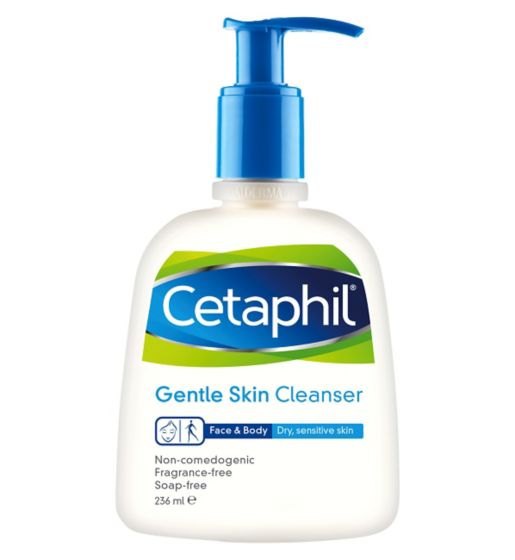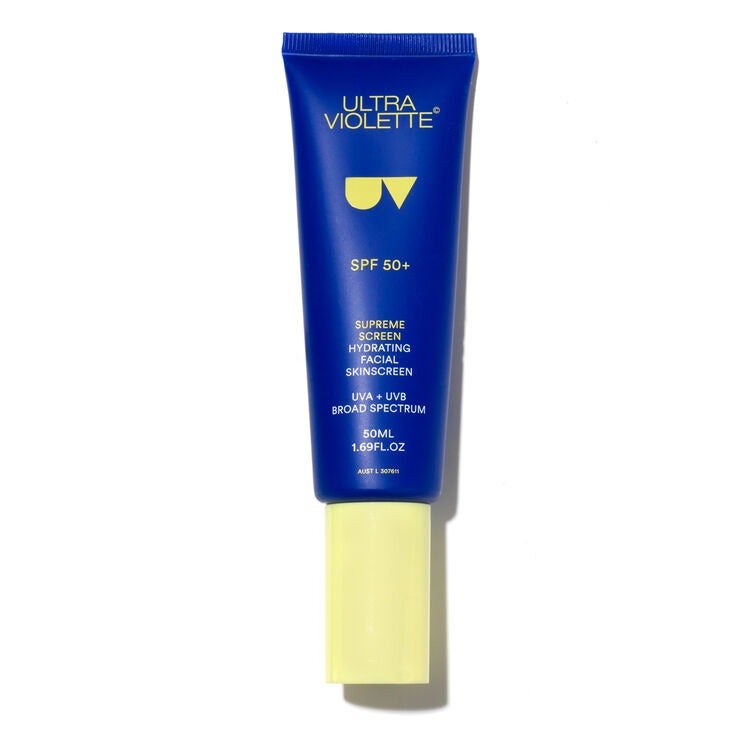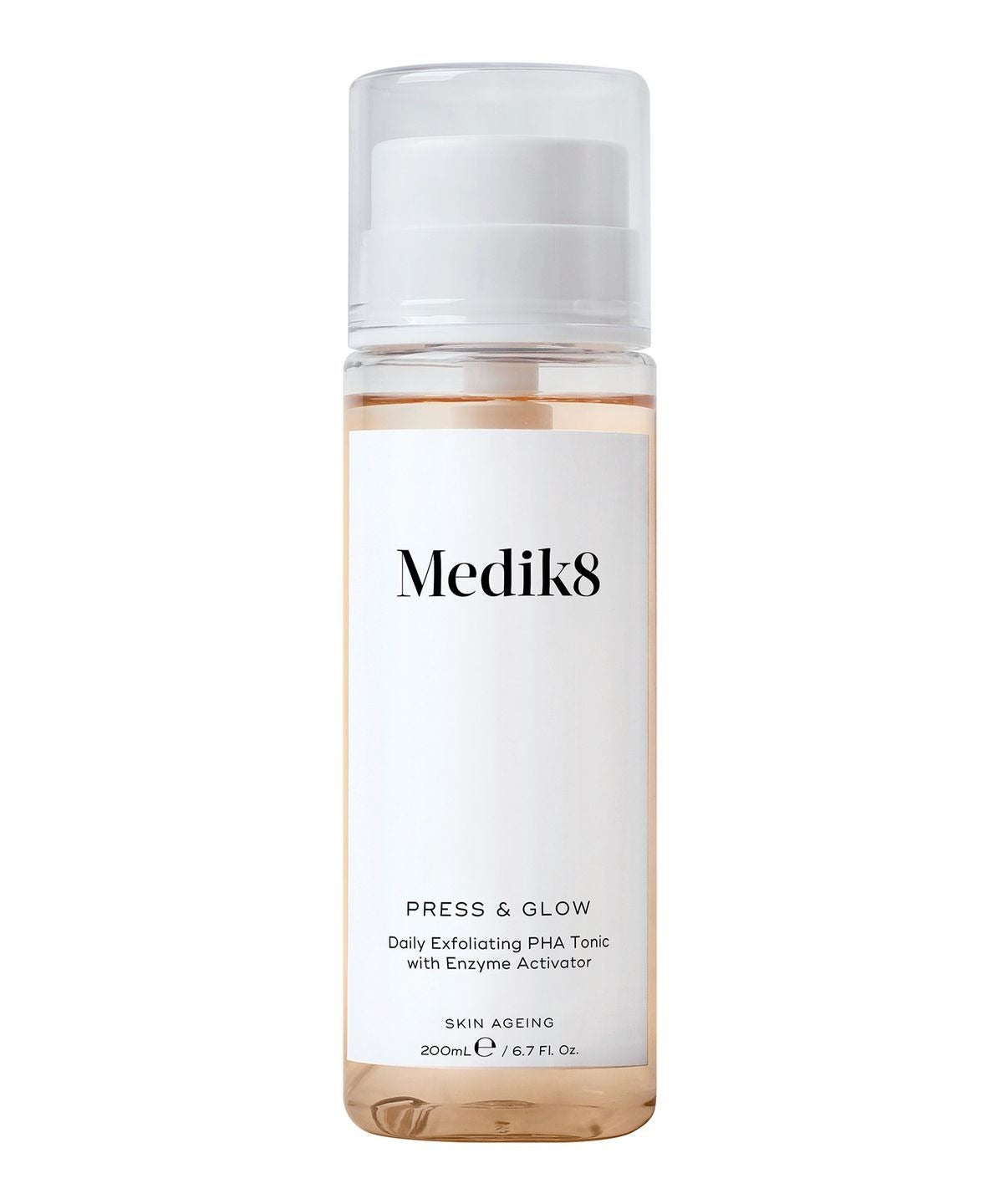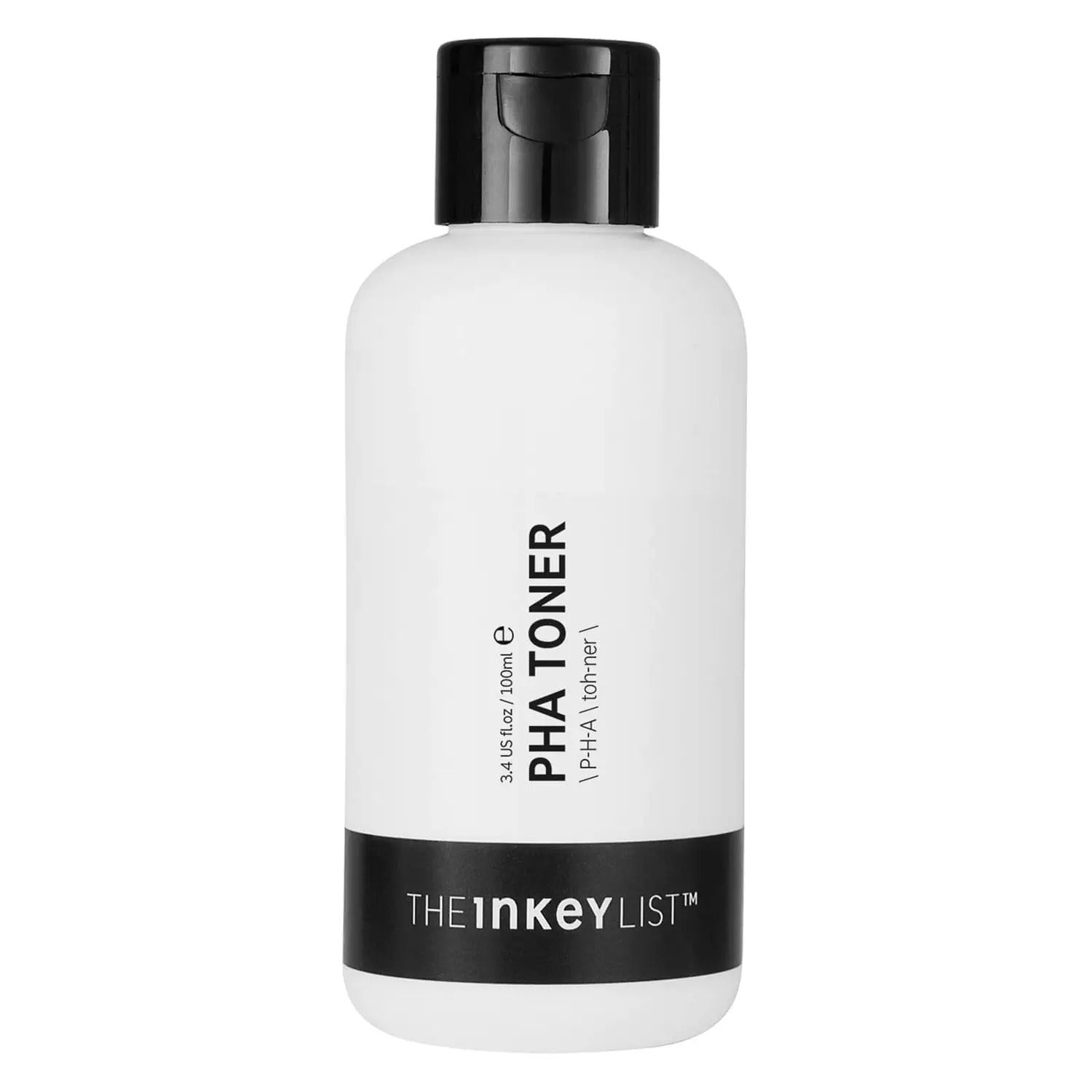The Rise & Fall Of Skincare’s Most Controversial Beauty Product
Daphne Thao Nguyen/Refinery29 Australia for Getty Images
At Refinery29 Australia, we’re here to help you navigate this overwhelming world of stuff. All of our picks are independently selected and curated by the editorial team, but we may earn commission or other compensation from the links on this page.
Not too long ago you could ask any skincare expert which product or ingredient they'd recommend for glowing skin and nine times out of 10 their answer would be some kind of exfoliating acid. Whether you see yourself as a skincare aficionado, a novice or somewhere in between, you've no doubt used — or at least heard of — one of them. Pixi's Glow Tonic and Alpha H's Liquid Gold are just two of the many cult products which take pride of place in influencer #shelfies, with glycolic acid (renowned for tackling skin pigmentation) and salicylic acid (for keeping blackheads and breakouts at bay) the most revered ingredients. Promising clear, smooth and radiant skin, it's no wonder everyone wants in on the acid action.
AdvertisementADVERTISEMENT
It's safe to say we hit peak acid during the first few months of the pandemic. Being cooped up inside left us with dull skin and mask-wearing resulted in acne, or 'maskne'. DIY skincare was on the rise and acids were mentioned in dermatologists' TikTok videos or Instagram stories for achieving flawless skin. Using Google data, Cult Beauty reported that salicylic acid, lactic acid and azelaic acid were among the most searched skincare ingredients in 2020. Two weeks into 2022, however, a handful of skin experts are doing a 180 when it comes to using acids in skincare, with some pros warning their clients away from them entirely.
The dangers of using skincare acids incorrectly
Aesthetician Alicia Lartey recently took to Instagram stories to share her thoughts on brands that offer 'daily' acids in skincare, suggesting they are far too strong to be used on the face in this way. She told Refinery29 that one luxury exfoliating toner in particular (which often sells out in-store and online) has been the cause of "so much stress" in her clinic, with clients using it too often and damaging their skin barrier. She explains that over-exfoliating is very common and can exacerbate acne and other inflammatory skin conditions. "A telltale sign you're over-exfoliating using acids is dry skin that can have a film-like appearance," she says. "You may also experience some flaking around the nose and mouth, and in lighter skin tones, obvious signs of redness." Alicia says she has seen some clients whose skin is so dry and tight as a result of over-exfoliating that it falls off at the touch. She blames this on the way some brands label acid-based products, for example as "safe for everyday use". In reality, this might not be the best or safest advice for your skin type.
AdvertisementADVERTISEMENT
Alicia isn't the only professional to lament the extreme use of acids in skincare. "Exfoliating acids are falling out of favour," confirms facialist and natural skincare expert Lisa Harris. "I think this is because they are overused. Some are too much of an irritant for the skin. For example, glycolic acid can be very aggressive, causing a lot of skin damage." If not used properly, or if used too much (as is often the case, report Alicia and Lisa), your skin could be in trouble. "When this happens, the skin is stripped of its natural sebum (or oil) and can cause damage to the pH balance," says Lisa. This can present as clogged pores or very dry skin, to pinpoint just a couple of gripes.
Consultant dermatologist Dr Justine Kluk believes acids have a role when incorporated carefully into a skincare regime for the right person, promoting smoother, brighter skin. But she confirms: "Because the touted benefits are appealing, recent popularity has led to overzealous and sometimes inappropriate use, with some users experiencing irritant contact dermatitis." This is a type of eczema that can result in red, dry and itchy skin. With the benefits of acids including reduced spots, a complexion even in tone and texture, and an enviable glow, you'd be forgiven for reaching for them every time you apply your skincare. But it isn't just the frequency that can harm skin — it's what we're combining our acid-based products with that can be an issue, too.
AdvertisementADVERTISEMENT
"Nobody needs a 10-step skincare routine," says Dr Kluk, who advocates simple skincare. "When combined with other active ingredients, such as retinol, using multiple different acids in your routine, introducing products too rapidly or using them too frequently can all lead to an impaired skin barrier and increased skin sensitivity. This might result in dryness, redness, roughness, flaking, soreness, tightness, itching and reduced tolerance of your other usual skincare." That sting you experience when applying products? It's a sign you've upset your skin barrier — and it's something Alicia has seen a lot in her clinic recently as clients overdo it on exfoliating acids.
Though irritating, contact dermatitis or increased breakouts might be the least of your worries. Not long ago a woman went viral for an alarming skin reaction to The Ordinary's AHA Peeling Solution. She reported that her skin was "oozing, swelling and burning" and was left peeling and with multiple scabs. Adored by a handful of skin experts and always front and centre in influencer TikToks, the exfoliating product contains a very high concentration of acids — 30% to be exact. A trip to the emergency room confirmed the woman's irritation to be a chemical burn, which can potentially cause scarring. It can happen to anyone, too. People are taking to TikTok in droves to share how they damaged their skin barrier using too many acids at once, while cosmetic chemists and skin experts often blast the trend for using multiple acid-based products in one routine. Lisa says that such damage caused by exfoliating acids can last up to three months and can strip the skin of all its nutrients and hydration.
AdvertisementADVERTISEMENT
Not all acids are created equal
Still, acids — including high-strength versions — are available over the counter and remain popular, especially among skincare enthusiasts online. Dr Kluk says that the abundance of information that we can access on the internet or on social media can be overwhelming. "Opinions are often conflicting and many influencers are providing anecdotal remedies with no formal experience, expertise or training in managing skin health. This situation leaves people to cobble together snippets of advice and draw their own conclusions, and the results are often less than desirable." The exfoliating facial toner that worked for your favourite beauty blogger could have unpleasant side effects on your skin, for example. Lisa agrees and explains that the wealth of information online regarding exfoliating acids (especially layering and mixing them) is causing more harm than good. "This is because people are using them without realising the power they have and the damage they can do," she tells R29. "Layering should only be done with acids that are prescribed by a skin specialist."
Alicia believes skincare brands are to blame for many acid-induced skin problems. "There are so many different acids on the market and some brands tell people to use their products every day, while others recommend once a week. It's really hard for people to have a clear understanding of how to balance a skincare routine. I always say that any brand which sells you a ridiculously labelled acid using words like 'daily' will also sell you a barrier repair serum to counteract the effects." Dr Kluk also calls for clear guidance from brands including how much product to use, introducing the product gradually, giving advice on who might not be suitable for the product (e.g. if you have a skin condition or sensitive skin) and which other products could be avoided when using acids. If in doubt, always refer to an aesthetician or dermatologist.
AdvertisementADVERTISEMENT
What to do if you've damaged your skin with acids
Dr Kluk says the skincare conversation has now turned to how we can be more gentle with our product choices. She suggests reducing or stopping the exfoliating acids altogether if you're experiencing irritation. "This will give your skin barrier a chance to recover," she says. "It may feel like a bit of a setback but it doesn't mean that you have to give up on your skin goals. It just means you've got to be smart and make your basics work better for you."
There is now more of an emphasis on protecting — rather than attacking — the skin barrier, continues Dr Kluk, who recommends starting off your routine with a non-stripping cleanser. "If smooth, radiant skin is what you are aiming for, the Cetaphil Gentle Skin Cleanser, $15.49, is a great option, as it's fragrance-free, non-comedogenic (less likely to clog your pores) and suitable for sensitive skin types. I'd also recommend moisturising daily to help protect and strengthen the skin barrier." A broad spectrum SPF 30 or 50 such as the Ultra Violette Supreme Screen is a must in the daytime, particularly if you're using any kind of exfoliating acid (even the lowest concentrations).
If you're still sold on exfoliating, it pays to get your ingredients right. Dr Kluk and Alicia recommend investing in skincare that has poly hydroxy acids (PHAs, which are a little gentler on the skin) if you can't tolerate alpha hydroxy acids (AHAs, such as glycolic acid) but still want to exfoliate. R29 rates The Inkey List's PHA Toner, $20, or Medik8 Press & Glow Tonic, $55, which can be layered underneath moisturiser. The key is to introduce exfoliating acids into your routine gradually, such as once or twice a week at night. Alicia is a big fan of azelaic acid, too. "This is great for pigmentation, breakouts and uneven skin texture, and it tends to be on the more gentle side."
AdvertisementADVERTISEMENT
The expert consensus is that acids certainly have their place in skincare but it's important to use them correctly. If your beauty budget doesn't cover visiting a skin expert or a dermatologist for advice, there is an abundance of helpful and trustworthy platforms to check out. On Instagram, consultant dermatologist Dr Anjali Mahto frequently posts comprehensible explainers and takes part in live skincare Q+As. Dija Ayodele, skin expert and founder of Westroom Aesthetics, recently published her debut book Black Skin, which has a handful of great tips on using acids safely, while Alicia's no-holds-barred approach to skincare on Instagram is supportive and refreshing. When it comes to using acids, the general rule of thumb is to start small (lower concentrations are best at first) and go slowly. Your skin will thank you for it.
Want more? Get Refinery29 Australia’s best stories delivered to your inbox each week. Sign up here!
AdvertisementADVERTISEMENT










